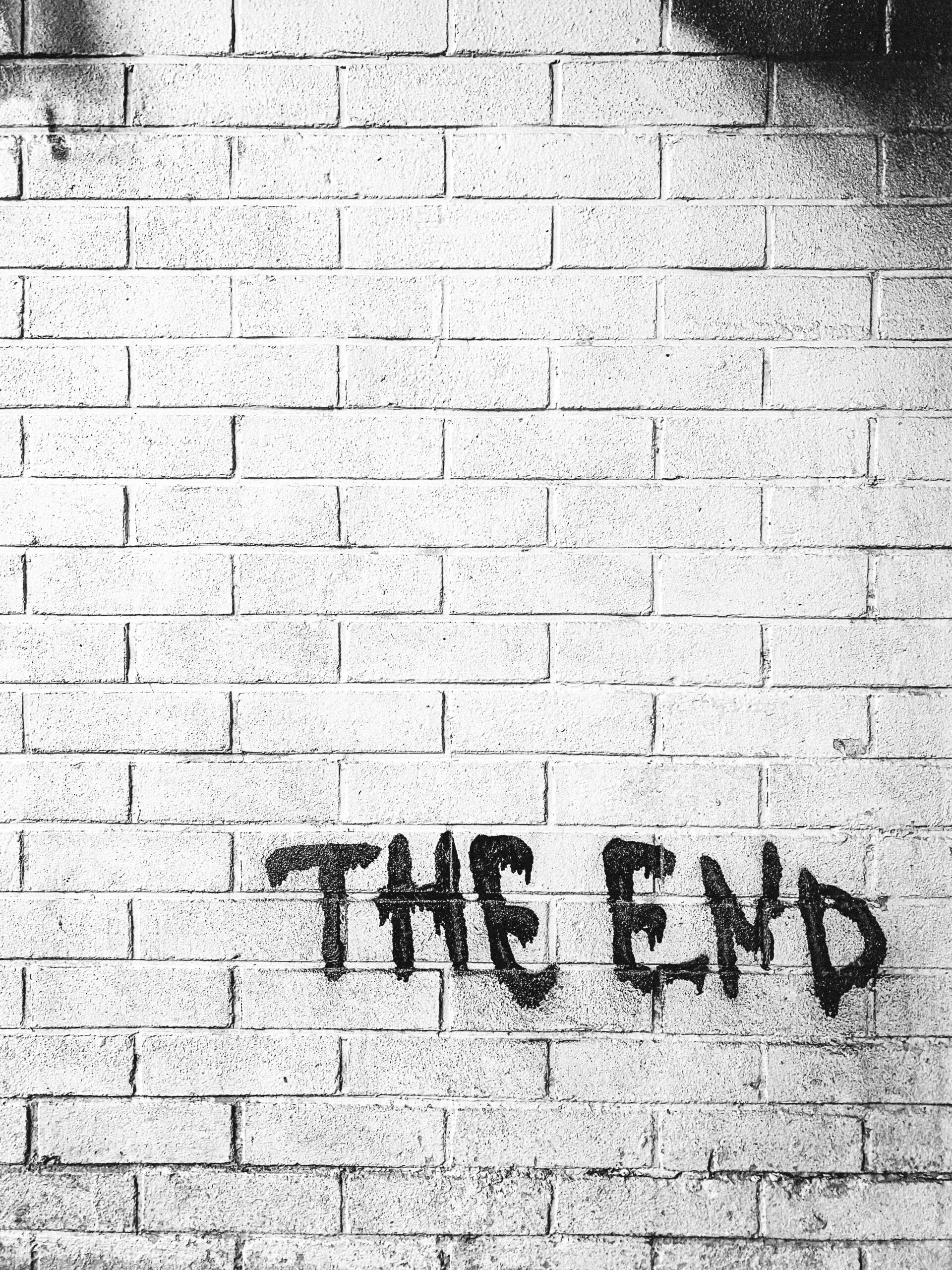Since at least the time of Plato, people have generally accepted that knowledge is justified true belief. Sure there are some who disagree by raising Gettier Problems or denying the possibility of knowledge, but for most people, most of the time, justified true belief is knowledge. Lately, though, I’ve been questioning that definition. It sure seems like I know a lot of things which I don’t happen to believe.
Over the past few months, I’ve been dealing with a major depressive episode. As I’ve said before, depression is a very solipsistic experience. Living in my own head for so long has forced me to reflect on my feelings, beliefs and knowledge. And I can’t help but notice just how often my beliefs and my knowledge are disconnected from each other. I’m not in a position to know if my experience is unique, but I suspect it is pretty normal for people suffering depression. There is a lot of self doubt. This self doubt isn’t undermining my knowledge, it is undermining my beliefs. It is fair to say that I don’t trust myself anymore when it comes to feelings and beliefs. But I do still trust my knowledge.
I first noticed the disconnect with instances of knowledge about myself. Right now, I don’t believe much of anything that’s positive about myself. I don’t believe I’m good at my jobs. I don’t believe anyone would choose to spend time with me. I don’t believe anyone would want to read anything I write. Yet, I know I’m good at my jobs, I have ten plus years of performance reviews to prove it. I know people willingly spend time with me. I have the texts inviting me places to prove it. I know that at least some people appreciate what I write. I have their unsolicited comments to prove it.
It could be argued that my self doubt is not really what I believe, what I really believe is what the evidence demonstrates. This seems to go against any normal definition of belief, though. Belief is a feeling. I believe something if I feel that it is the case. It is contradictory to say that I don’t believe what I feel that I believe.
It could also be argued that I don’t know the things I think I know, they are at best true opinions. This doesn’t seem right either. The disconnect is not in the logic or the evidence. It is nothing objective. The disconnect is in the subjective, the feelings. Six months ago, I knew I was good at my jobs. I had justified true belief. The only thing that has changed is the belief, the justification is still there. If knowledge can cease to be knowledge because my feelings change, it makes all knowledge subjective. And that goes against any normal definition of knowledge.
A third counter would be to argue that self knowledge is just different, justified true belief has nothing to do with subjective truths like being good at a job. It has to do with facts about the world. The problem here is that even subjective facts are facts about the world. Even something as subjective as liking mint chocolate chip ice cream is a fact about the world. To think otherwise would result in a bizarre, and unsustainable, dualism.
Besides, the more I think about it, the more I realize that the disconnect between knowledge and belief is not confined to knowledge about myself. There have always been little aberrations in my acceptance of knowledge as justified true belief. For instance, I’ve always talked to inanimate objects. I can’t help but feel like it makes a difference. If I’m friendly towards my car, my car will be friendly back, it will work better and last longer. At the same time, I know that this is not the case. So, my behavior indicates a belief, that inanimate objects have feelings, that contradicts knowledge that I have, that inanimate objects do not have feelings.
I am certainly not unique in behaving in ways that contradict my knowledge. Examples can be found everywhere from knocking wood to wearing rally caps. Most people know that spirits and magic are not real, they know that simple cause and effect explains most phenomena, but they will still knock wood to protect themselves from jinxes and getting stuck in bad situations. Most people know that whether or not a batter gets a hit is entirely up to the players on the field. But that doesn’t stop us from turning our hats inside out when our team is down late in the game. There is a clear disconnect between our knowledge and the behavior that expresses our beliefs.
When dealing with depression, or anything else that undermines basic beliefs, it is important to hold on to something stable. In my case, that thing is knowledge, a set of facts about the world. From a purely pragmatic point of view, I need a definition of knowledge that doesn’t include belief. In my moments of extreme doubt, I need to be able to tell myself things that I know to be true. Cogito ergo sum won’t work. When a belief that nobody cares about me asserts itself, I can’t counter it with “I think therefore I am.” I need to counter it with knowledge that my family and friends care about me.
The best definition that I can come up with for knowledge without belief is the justified possession of facts. It is not a radically different definition. Knowledge still has to be justified, it needs reasons or evidence to count. Knowledge still has to be true. It would be strange to say that you know something which is false. It just separates knowledge from belief. It allows my knowledge to remain no matter what is happening with my feelings. That creates a sense of stability which is important for anyone’s psychological well being.
But is it right to redefine something based on a psychological need? In this case, I think the answer is yes. It is unlikely that there is a true definition of knowledge out there in the world to be discovered. There is no eternal form for knowledge. Instead, like most words, the word knowledge is a tool. The better we define it, the more effective a tool it will be. If I want to use the word knowledge as effectively as I can, I need a definition that accounts for things that I know regardless of what beliefs I hold.









